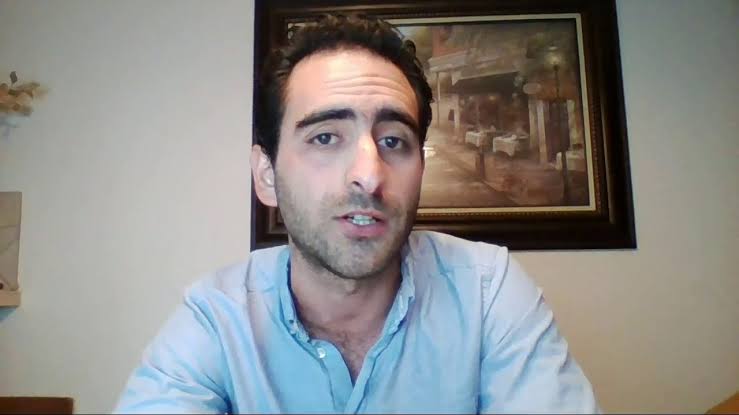Good connections key to startup success -Report
The future potential of early stage startups can be assessed by their existing professional relationships, research led by a team at Queen Mary University of London suggests.

Using available online data from 41,380 companies collected over 25 years, the research team created a visual network to show connections between companies and their employees.
They found that young startups who quickly acquire a central position within the network are more likely to show signs of long-term economic success.
The team then used this approach to develop success prediction algorithms, which were shown to be two to three times more accurate when predicting future economic performance than current labour-intensive screening methods adopted by venture capital firms.
The findings were published yesterday in Scientific Reports.
Startups were ranked based on their values of ‘closeness centrality’, which measures the average distance of one company from other firms within the network. Results indicate the predictive link between rankings and long term success, with 30% of the top 20 firms each month achieving a positive economic outcome within seven years.
The researchers were able to validate their approach by reviewing the rankings of well-known successful companies such as Facebook, Uber and Airbnb over time. They discovered that these companies swiftly moved to high ranking positions soon after they were founded.
Data on funding rounds, acquisitions and initial public offerings were all used as measures of startup success.
Dr. Moreno Bonaventura, former Ph.D. student at Queen Mary and Chief Scientist at Startup Network, said:
“The people within a company, be it investors, employees or advisors, bring with them experience from other firms on effective strategies, know-how on cutting-edge technologies, and their own personal contacts. Global networks are the backbone through which knowledge is gained and shared, and this information can be used to build predictive intelligence on the future economic performance of young companies.”
Dr. Lucas Lacasa, Reader in Applied Mathematics and Engineering and Physical Sciences Research Council (EPSRC) Early Career Fellow at Queen Mary, said:
“Traditionally historic reports on sales, growth or market size are used to predict future success but with startups this level of data usually isn’t available. Instead measures such as the qualifications and attributes of founding entrepreneurs are used, which can be subjective as well as labour-intensive. We propose that this novel, data-driven approach could complement existing screening approaches used by investors and we anticipate that further refinements could improve the prediction accuracy even more.”
Research conducted by Queen Mary, University of London
Charles Rapulu Udoh

Charles Rapulu Udoh is a Lagos-based lawyer who has advised startups across Africa on issues such as startup funding (Venture Capital, Debt financing, private equity, angel investing etc), taxation, strategies, etc. He also has special focus on the protection of business or brands’ intellectual property rights ( such as trademark, patent or design) across Africa and other foreign jurisdictions.
He is well versed on issues of ESG (sustainability), media and entertainment law, corporate finance and governance.
He is also an award winning writer.
He could be contacted at udohrapulu@gmail.com


